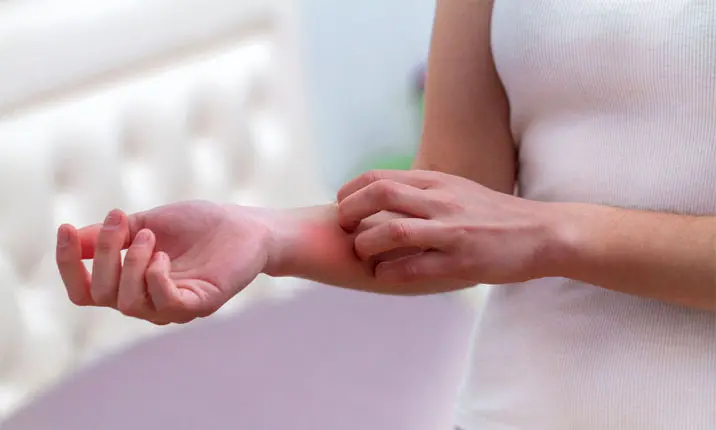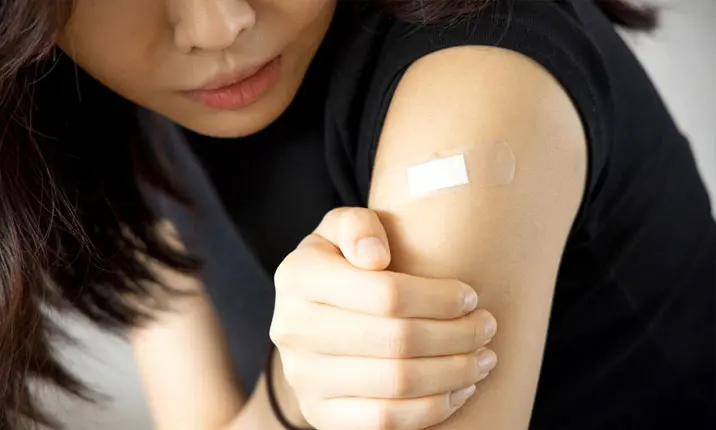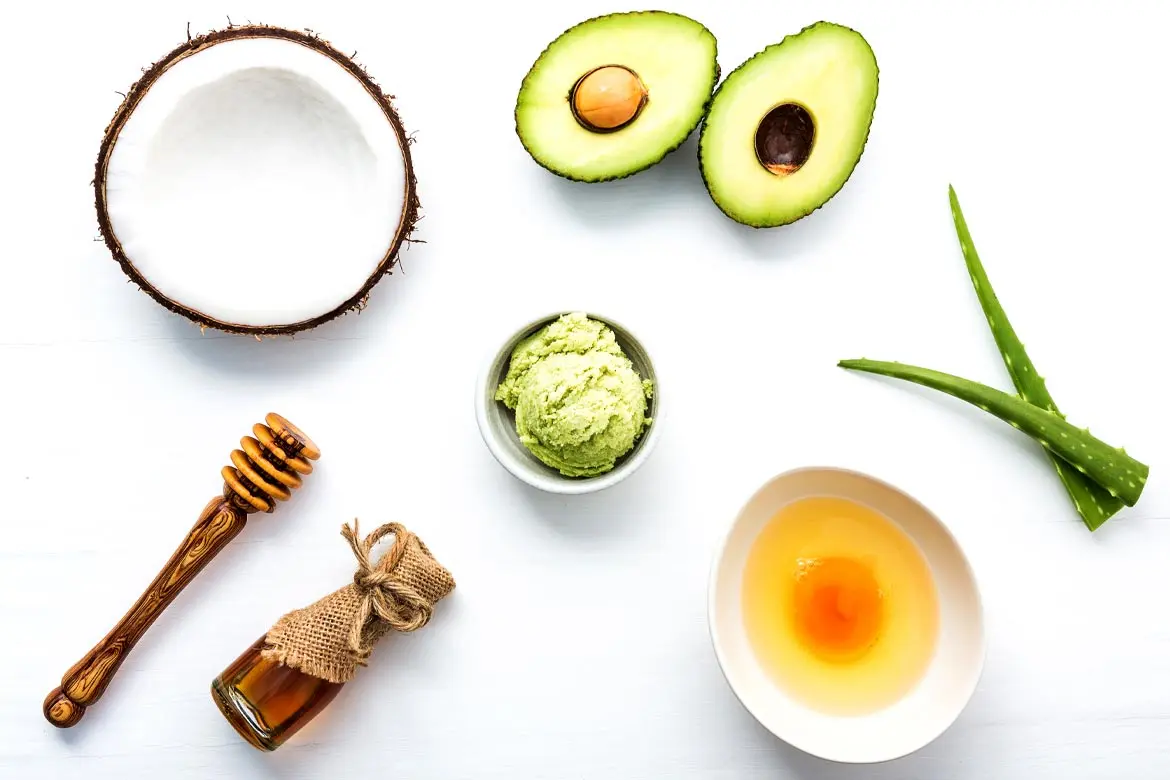Eczema is a general term for rash-like skin conditions.
The most common type of eczema, called atopic dermatitis, is a common skin condition where the skin gets dry, itchy and red. As many as 15 – 20% of people experience eczema or another form of dermatitis at some point in their life. Although there is no cure, one can live with eczema and manage its symptoms.
It is not clearly known what causes adult eczema, or even eczema in general, but for most types of eczema, it is caused by a combination of genes and triggers. Those with eczema tend to have an over-reactive immune system that when triggered by a substance outside or inside the body, responds by producing an inflammation. This inflammation causes the red, itchy and painful skin symptoms associated with most types of eczema. Common triggers of eczema can include anything from dry skin to irritants like cigarette smoke and household cleaners.
Here are answers to commonly asked questions about adult eczema:
What does adult eczema look like?
For eczema in adults, the affected skin will usually appear red. Other symptoms include dry and scaly areas, a warm feeling with some swelling, small and rough bumps, thick leathery patches, and bumps that ooze and crust over.
What are the differences between adult and child eczema?
Adult eczema often affects the head, neck and hands, while in children, it mainly appears on the flexural areas, such as the back of the knees or the inside of the armpits and elbows. Eczema may also present more commonly as coin-shaped lesions in adults, as compared to children.
Is adult eczema the same as psoriasis?
Both skin conditions can appear similar as both cause patches of red skin.
However, in psoriasis, the scales are thick and the edges of those scales are more well-defined than eczema. Psoriasis causes only mild itching, and that's in more inflamed types of psoriasis.
On the other hand, eczema causes an intense itch. When it becomes severe, some people may uncontrollably scratch their skin too hard, causing bleeding.
Is adult eczema contagious and can it be spread to others?
No, eczema is not contagious and therefore, it can't be spread to anyone else. If you suspect you've contracted eczema from someone else, it is likely you have another skin condition. Speak to a dermatologist to clarify any doubts.
Should I eliminate the foods that exacerbate adult eczema?
Avoiding certain foods that you are allergic to may help to prevent the worsening of your eczema, but it may not eliminate the skin condition altogether.
There are also foods you can take which are anti-inflammatory and may lessen or reduce eczema symptoms. These include fatty fish, foods containing quercetin, a plant-based flavonoid (e.g. apples, kale, blueberries, cherries, broccoli and spinach) and foods containing probiotics (e.g. kefir, sourdough bread, miso soup, tempeh and soft cheeses such as gouda).
Is it safe to go swimming if I have adult eczema?
You can swim in chlorinated pools but do moisturise your body before by applying emollients. After swimming, wash off with fresh water and apply emollients again. These can include shea butter, cocoa butter and petrolatum.
How can I deal with adult eczema when I exercise and sweat?
For those with adult eczema, exercise can be a trigger that may cause frenzied scratching. To avoid this, it is best to prepare beforehand. Here are some tips:
- Drink plenty of water before, during and after exercise.
- Look at your clothing options and consider light, breathable fabrics that won't rub or scratch the skin while exercising.
- Use cold compression wraps or a cooling towel during the exercise when you sense a flare-up coming on.
- Keep cool by wiping off the sweat regularly and perhaps consider exercising indoors where it is well-ventilated.
- Moisturise your skin with emollients before and after exercise.
- After exercise, start with a warm shower and gradually cool it down.
Can getting a COVID-19 vaccination affect my adult eczema?
There is no current evidence to show that COVID-19 vaccines will worsen underlying skin conditions like eczema. It is encouraged that those with eczema take the vaccines. However, if you do experience a side effect after receiving one of the vaccines, including the worsening of your eczema, consult your doctor.
Can adult eczema be cured?
There is no known cure for eczema. Having a regular skin care routine, adherence to a treatment plan and careful avoidance of triggers will all help to prevent flare-ups. To help you manage your symptoms so that you can minimise any disruptions to your daily life, speak to a dermatologist to learn how to better manage your condition.















